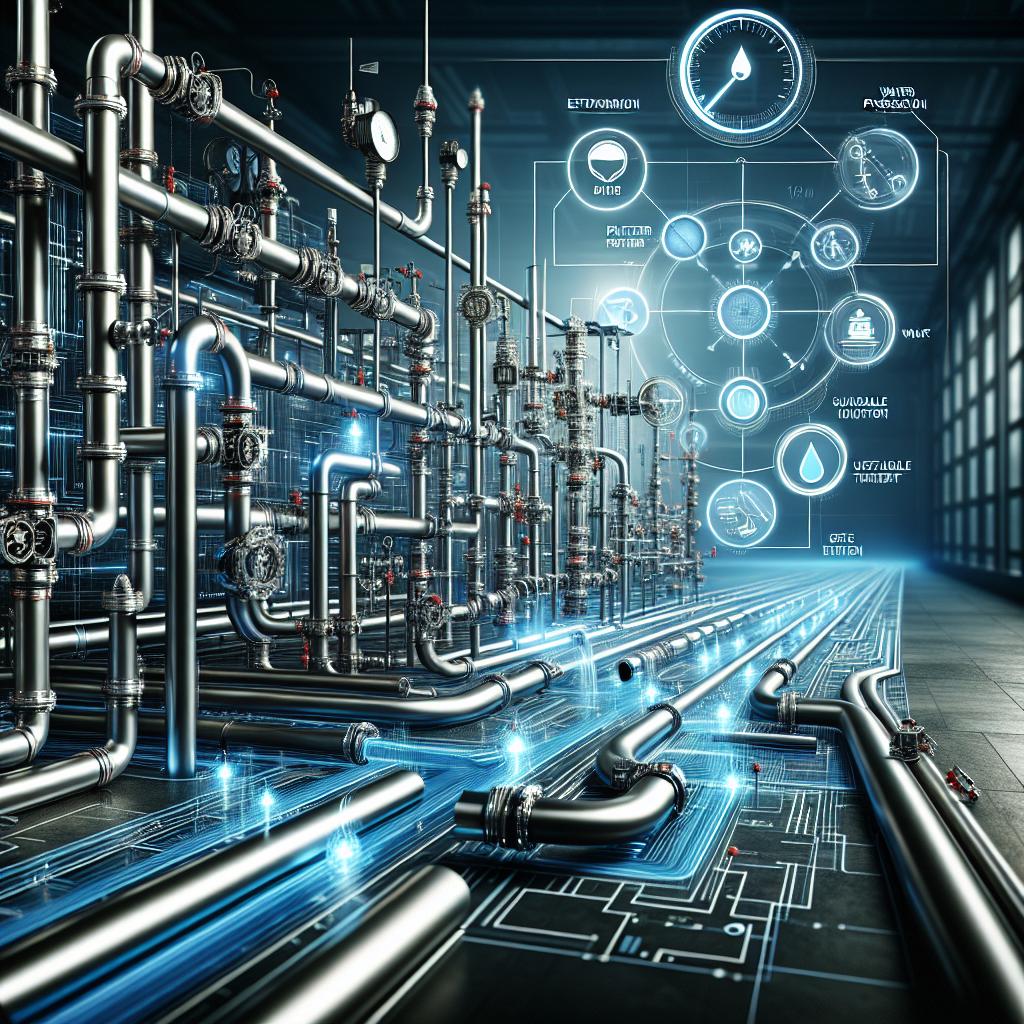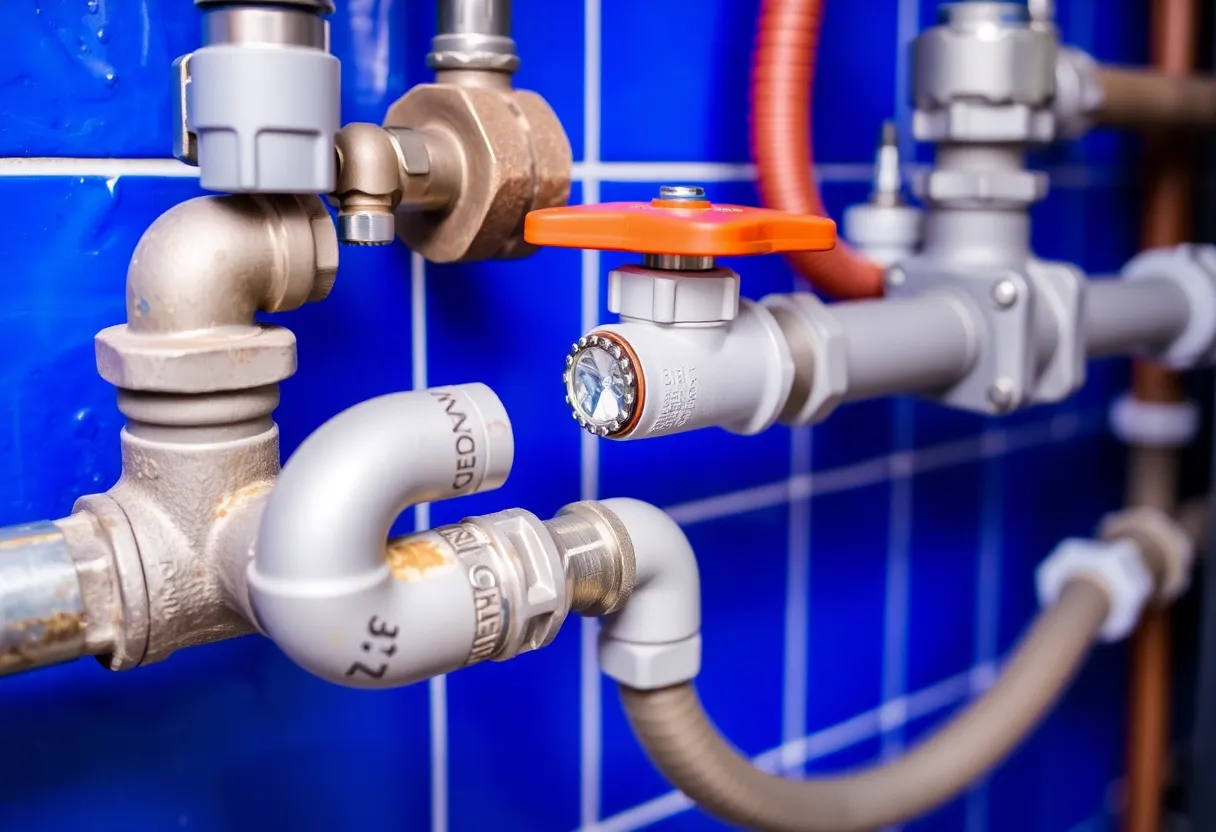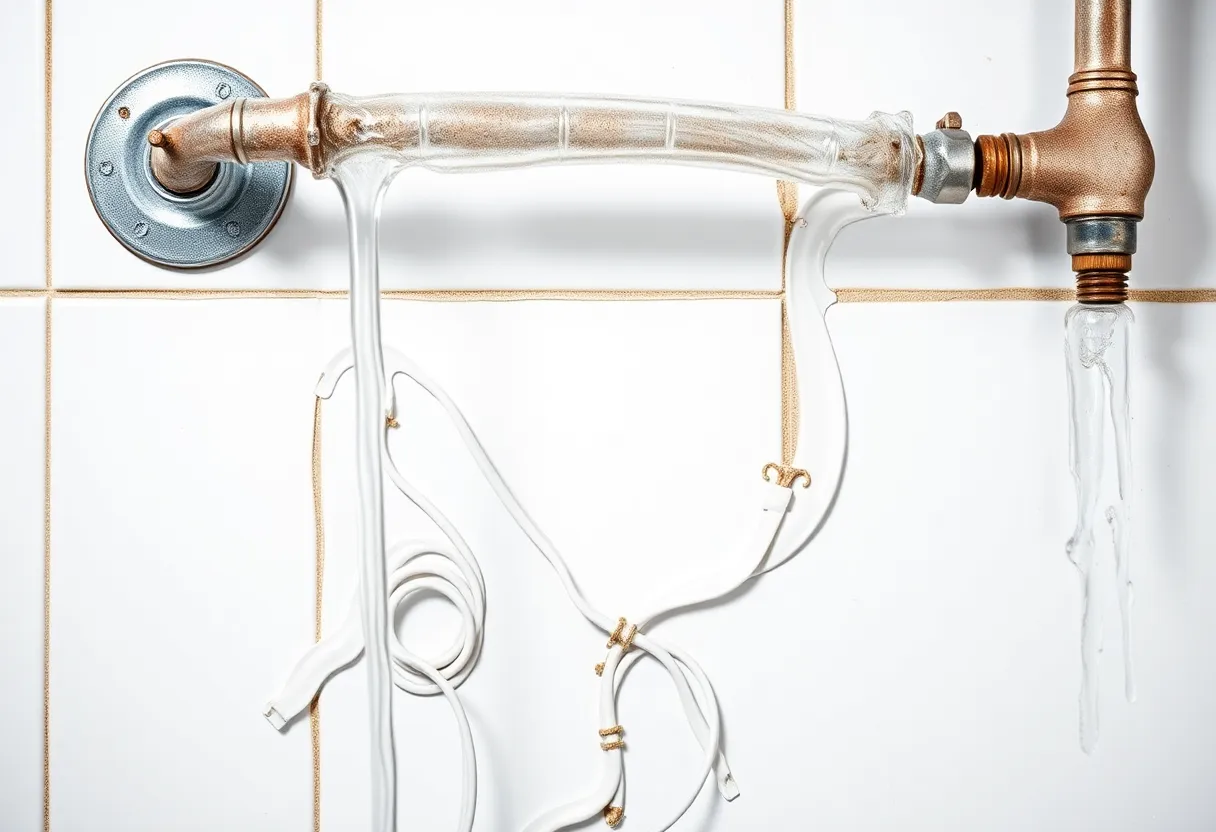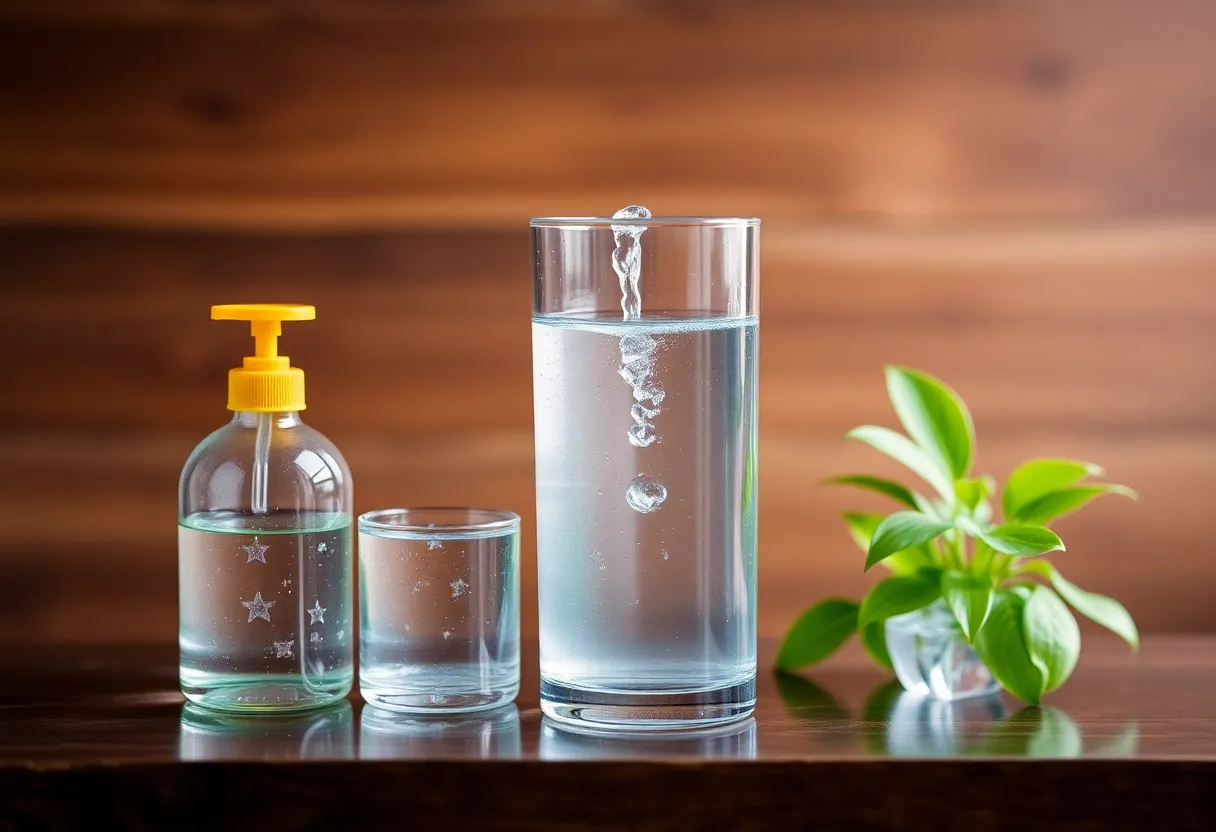Thriving on the Throttle: How to Optimize Your Plumbing System for Maximum Efficiency and Economy
Your plumbing system is like the arteries of your home, carrying water to where it’s needed and waste to where it’s not. Like arteries, a well-optimized plumbing system will run smoothly and efficiently, saving you money on your water bill and potentially preventing costly repairs down the line. In this article, we will explore some key techniques and strategies to help you maximize the efficiency and economy of your plumbing system.
Understand Your Plumbing System
Knowledge is power. Before you can optimize your plumbing system, you need to understand it. Your home’s plumbing consists of two separate subsystems: one that brings freshwater in, and the other takes waste water out. The incoming water pressure must be high because it must be able to be distributed all over the house, upstairs and downstairs, wherever required. The draining water doesn’t need pressure as it relies on gravity to move along.
Map Your Plumbing System
If possible, you should try and get a map of your home’s plumbing system, or even better, create one yourself. It will not only give you an understanding of how the system is set up, but it will also make it easier to spot problems and potential improvements.
Maintain Your Pipes
Your pipes are the backbone of your plumbing system, and properly maintaining them is essential. They should be kept clean and clear of any blockages.
Preventing Clogs
Prevention is better than cure. The less clogs you have, the more efficiently your system will run. Avoiding activities that encourage blockages, such as pouring fat, oil or grease down the drain, or flushing items not designed to be flushed can go a long way towards this. Instead, dispose of these items in the trash.
Frequent Checks
Regularly inspect the pipes for signs of leaks. Small leaks can turn into big problems if left unattended. In addition to this, perform a regular maintenance check by a professional. This can help identify potential issues before they become serious, and will also help ensure that your system is running as efficiently as possible.
Efficient Fixtures
Another important way to optimize your plumbing system is to focus on your individual fixtures. The fixture’s design and how it’s used can significantly impact the efficiency of your plumbing system.
High-Efficiency Faucets
High-efficiency faucets use at least 20% less water than standard models without sacrificing performance. You can further increase your water efficiency by adding aerators to your current faucets.
Low-Flow Toilets
Older toilets use a significant amount of water. Replacing them with low-flow models can save several gallons of water per flush, adding up to significant savings over time.
Insulate Your Pipes
Insulating your pipes can help save energy and prevent pipes from freezing in cold weather. Pipe insulation is typically a tube of foam with a slit on one side. Simply pop it open and push it onto the pipe. This helps hot water stay hot while in transit, reducing the time it takes to get hot water when you turn on a faucet and reducing the amount of water wasted.
Upgrade Your Water Heater
Your water heater can be a major energy guzzler, so ensuring that it’s running efficiently is important. Consider upgrading your old model to a tankless water heater, which heats water on demand rather than continually keeping a tank of water hot. Although more expensive initially, they can often save you money in the long run due to their increased efficiency.
Regular Maintenance
Your water heater should be regularly serviced to ensure it’s running at maximum efficiency. This includes checking for leaks, ensuring the thermostat is set correctly and that the heating element is functioning well.
Conclusion
Your plumbing system is essential to the smooth running of your home, and optimizing it can save you money and prevent problems down the line. By understanding your plumbing system, maintaining your pipes, using efficient fixtures, insulating your pipes and upgrading your water heater, you can make a significant difference to the efficiency and economy of your plumbing system.
Remember, when it comes to conservation and efficiency, every little bit helps. Even the smallest change can add up over time to significant savings and environmental benefits. Start today and keep thriving on the throttle of your optimized plumbing system.









